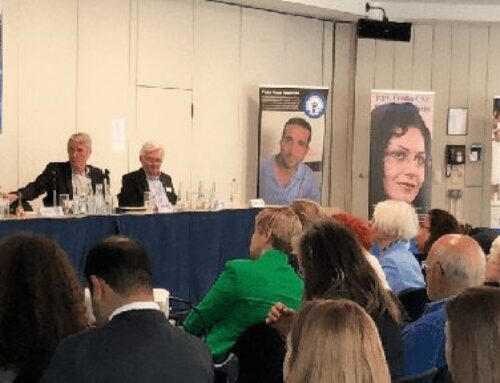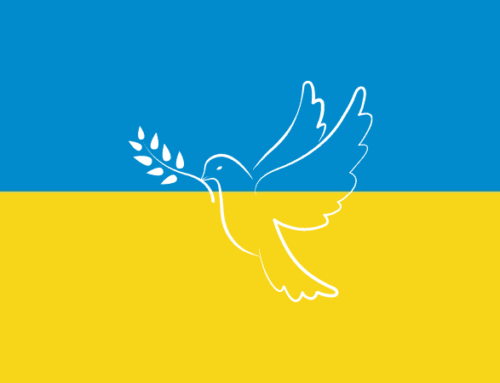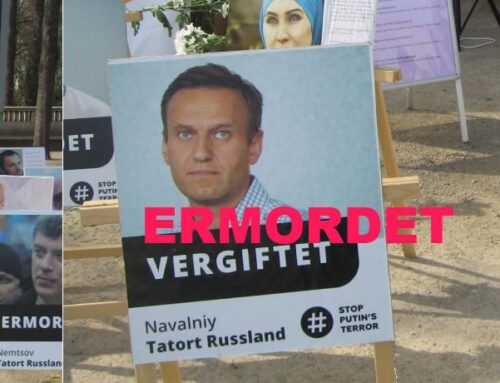Report: the Right to a fair trial in Ukraine. 2018

In 2018, the International Society for Human Rights continued to monitor the observance of the right to a fair trial in Ukraine. During the reporting period, we were able to significantly increase our activities. Compared to 2017, the number of trials, which are monitored, has doubled (from 9 to 18 cases). The number of regions covered by monitoring increased (from 6 to 8). In 2018, the ISHR observers published 84 reports on the monitoring of court sessions, which is more than twice the number of reports published in 2017 (34 reports).
„Quantitative indicators“ are not the only positive result, but also the provision of specific assistance to those whose rights have been violated: June 27, 2018 opposition journalist Vasily Muravitsky (who was kept in jail since August 2017) was released from detention and put under house arrest; October 25, 2018, another opposition journalist Pavel Volkov was also released from jail (where he was held since September 2017); On December 29, 2018, two criminal cases were closed against Olga Prosyanyuk and Alexander Goroshinsky – lawyers of the former President of Ukraine Viktor Yanukovych (cases were used to put pressure on lawyers in connection with their active position in the case). Persons involved in all three cases claim that such results have been achieved, with the help of the ISHR.
The level of interaction with other institutions in the sphere of the right to a fair trial has also increased. Together with the Initiative Group for the Protection of the Rights of Attorneys we have published a report „Defenseless defenders. Report on the Infringement of Rights and Guarantees of Attorneys in Ukraine“. Several meetings were held with the legal community, media representatives and civil society activists interested in the judicial sphere. In particular, the meeting of the President of the ISHR Professor Thomas Schirrmacher with lawyers (Kiev, February 2018) and the regional meeting of the Executive Director of the Ukrainian section of the ISHR Anton Alekseyev with lawyers, journalists and civil activists (Poltava, October 2018).
Monitoring, as a sphere of human rights activities, contributes to the transparency of the judicial process and is a means of maintaining the right to an open trial. The presence of observers encourages the courts to improve respect for the guarantees of a fair trial and to build confidence in the proceedings. The monitoring of trials, in the form of a long-term project, is becoming a unique tool for the diagnosis of key components of the justice system. This is particularly relevant during the period of judicial reform in Ukraine. In addition, according to experts of the OSCE monitoring trials were also an effective mechanism of learning and the involvement of lawyers and organizations to the process of reforming justice systems.
As in 2017, the primary form of monitoring is the attendance of court hearings by ISHR observers and the subsequent publication of reports based on the results of these hearings. During this work, experts from the ISHR made an effort to communicate with the defense, judges, and prosecutors, as well as relying on official documents (court decisions, appeals of the parties, etc.) provided to us by both sides of the proceedings. Furthermore, communication with relatives of the defendants was an important part of the monitoring process. Each report was published on ISHR’s online resources, distributed to politicians and public figures in EU countries, – to Ukrainian, European and American lawyers, and human rights defenders, representatives of the OSCE monitoring mission in Ukraine, and among others. A significant part of the material was available in Russian and English.
In the annual report, we attempt to highlight the main trends in human rights violations identified in the monitoring process and qualify them based on international human rights law, especially the ECHR and the case law of the ECtHR. As well as to analyze the statistical data collected during the monitoring. The report consists of three parts: consideration of the negative trends identified during the monitoring; the analysis of the statistical data collected; and texts of reports on the monitoring of court sessions, which served as a source in the preparation of the annual report.
The report is prepared in cooperation with the Civil Development Center civdev.center









Leave A Comment